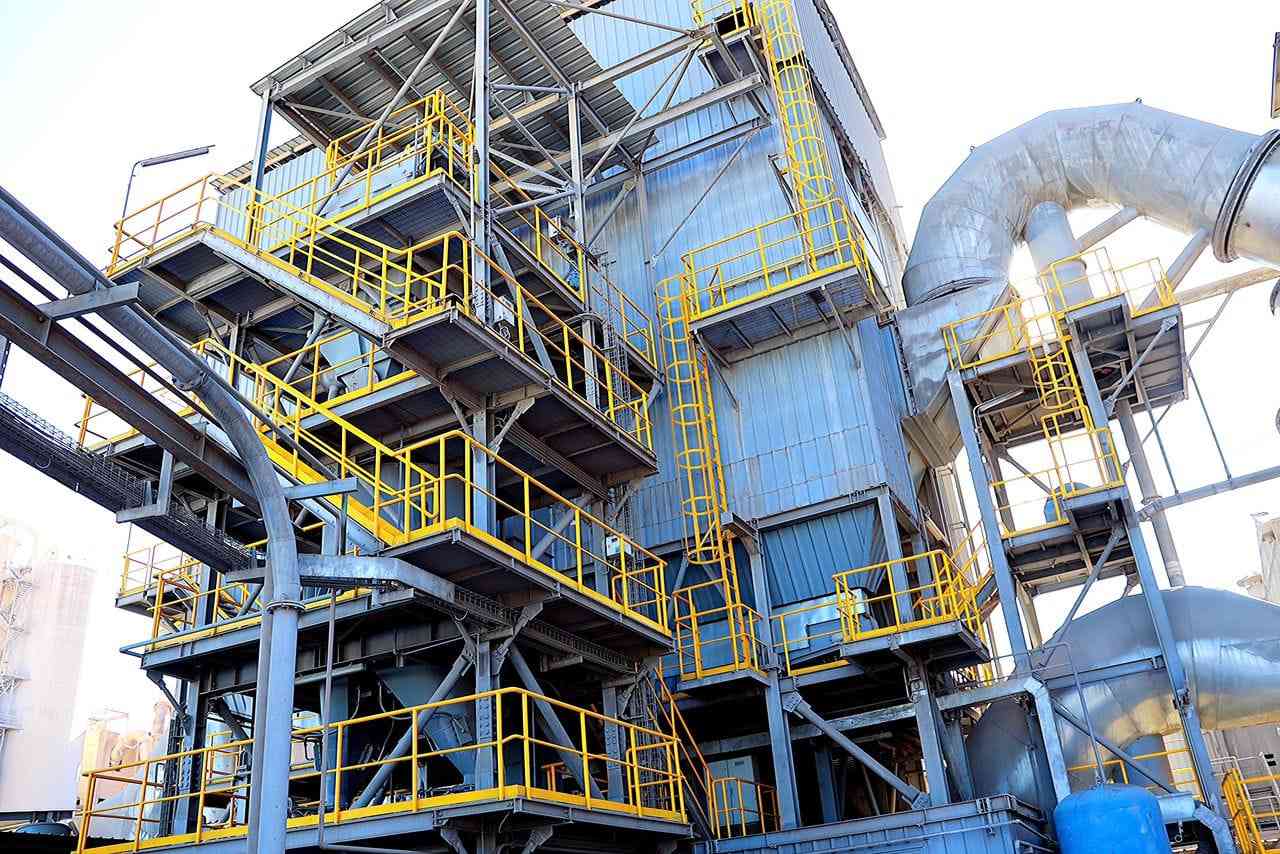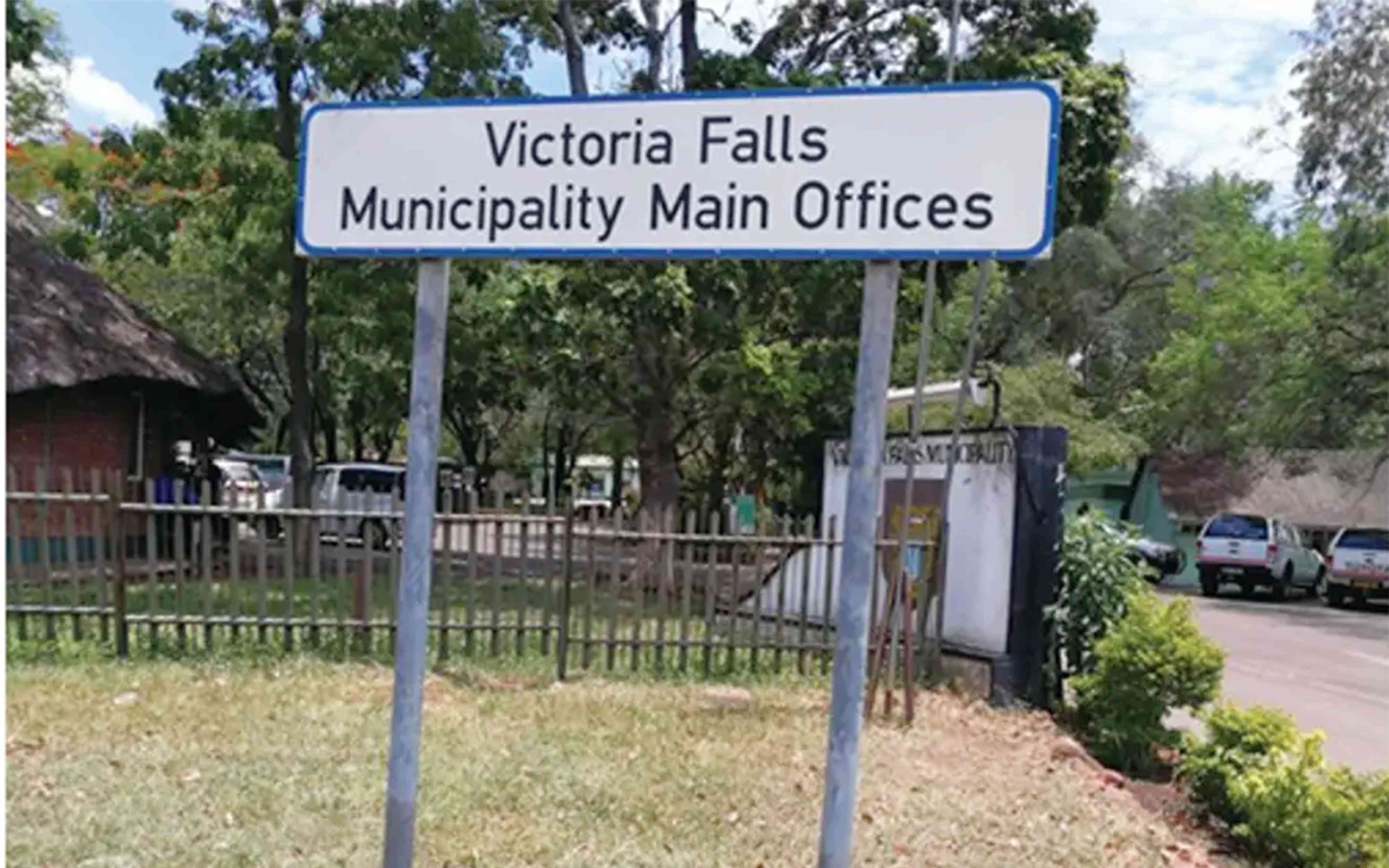
LOCAL companies should right-size in response to tightening economic conditions, economists said this week.
They emphasised adjustments were crucial for survival, amid an uncertain 2025.
This comes as Zimbabwean firms continue their struggles to stay afloat, as the meltdown escalates.
This week, FBC Securities said Beta Holdings Limited, Khayah Cement Zimbabwe, and Metro Peech & Browne Wholesalers’ slip into corporate rescue were among signs of a tough operating terrain.
“These companies, despite operating in key sectors of the economy, have faced severe financial distress primarily due to structural weaknesses in the country’s financial markets,” FBC said Wednesday.
“One of the common issues underlying these predicaments in all the cases is the mismatch between long term obligations and short term funding. Zimbabwe’s financial sector struggles to provide long term credit facilities due to macro-economic instability, unpredictable currency dynamics and a history of high inflation. As a result, companies rely heavily on short term borrowing to fund long term capital projects, creating a liquidity mismatch,” FBC noted.
Financial analyst Persistence Gwanyanya said policymakers must intervene to prevent company closures.
“The rising number of companies under stress is not a good sign,” Gwanyanya told the Zimbabwe Independent.
- Chance to buy 'undervalued' counters: FBC
- ‘Inflation, power shortages a threat to economic growth’
- Simbisa Brands listing boost for VFEX
- Markets bullish as VFEX rides out storms…FBC Securities says more listings coming up in 2023
Keep Reading
“Long term strategies are needed to address the root causes and ensure sustainable growth.”
He said retailers were among the worst affected by a sudden change of the environment in 2024, which has been felt across sectors.
However, Gwanyanya slammed the influx of smuggled goods, which have ended up on the informal markets and are sold at cheaper prices.
“Currently, there is a concerted effort at the borders, with authorities working diligently to curb smuggling. However, the problem remains significant, and local industries are struggling as a result,” Gwanyanya said.
Chenayimoyo Mutambasere, an economist at the Centre for Economic Justice, said the broader economic outlook remained bleak.
“Zimbabwe’s lack of adequate infrastructure to build business resilience, coupled with the continued impact of climate change and regional instability, paints a grim picture,” she said, sharing the same views as FBC on funding.
“The unresolved debt crisis and limited access to credit lines further complicate matters.”
Mutambasere also highlighted the alarming financial gap in the national budget, noting the country required US$38 billion to meet its development needs.
“With 60% of the population already living in extreme poverty, Zimbabwe is in desperate need of comprehensive economic reforms,” she said.
Despite these challenges, opportunities remain in key sectors, analysts noted.
Another economist Itai Zimunya emphasised the importance of supporting local businesses and improving tax systems.
“Zimra (Zimbabwe Revenue Authority) needs to develop a more efficient tax platform and make it easier for SMEs (small and medium enterprises) to register and pay taxes online,” he said.
“At the same time, the government must reduce tax rates to leave more money in people’s and businesses’ coffers”.
Zimunya added the closure of smuggling routes presented a chance for local producers to reclaim market share.
“This is a big opportunity to ramp up local production, but supermarkets must streamline operations to compete with tuckshops, which have become a permanent feature of the economy,” he said.
“Miners will likely benefit from soaring global gold prices, while agriculture could perform well if the rains remain favourable. However, corruption and inefficiencies must be addressed to unlock the full potential of these sectors.”
Looking ahead, Gwanyanya stressed the need for innovation and efficiency.
“While these issues cannot be resolved overnight, it is encouraging to see efforts being made. Moving forward, we need greater efficiency, agility, and innovation. This is not a year for wastage,” he said.
“The mbinga (informal deals) syndrome, where flashy wealth is celebrated over innovation and production, must be addressed. Zimbabwe needs to celebrate innovators, producers, and builders if it is to succeed.”
As 2025 unfolds, economists agree that Zimbabwe’s path to recovery will require bold reforms, investment in infrastructure, and targeted interventions to address the structural weaknesses that have long plagued the economy.










